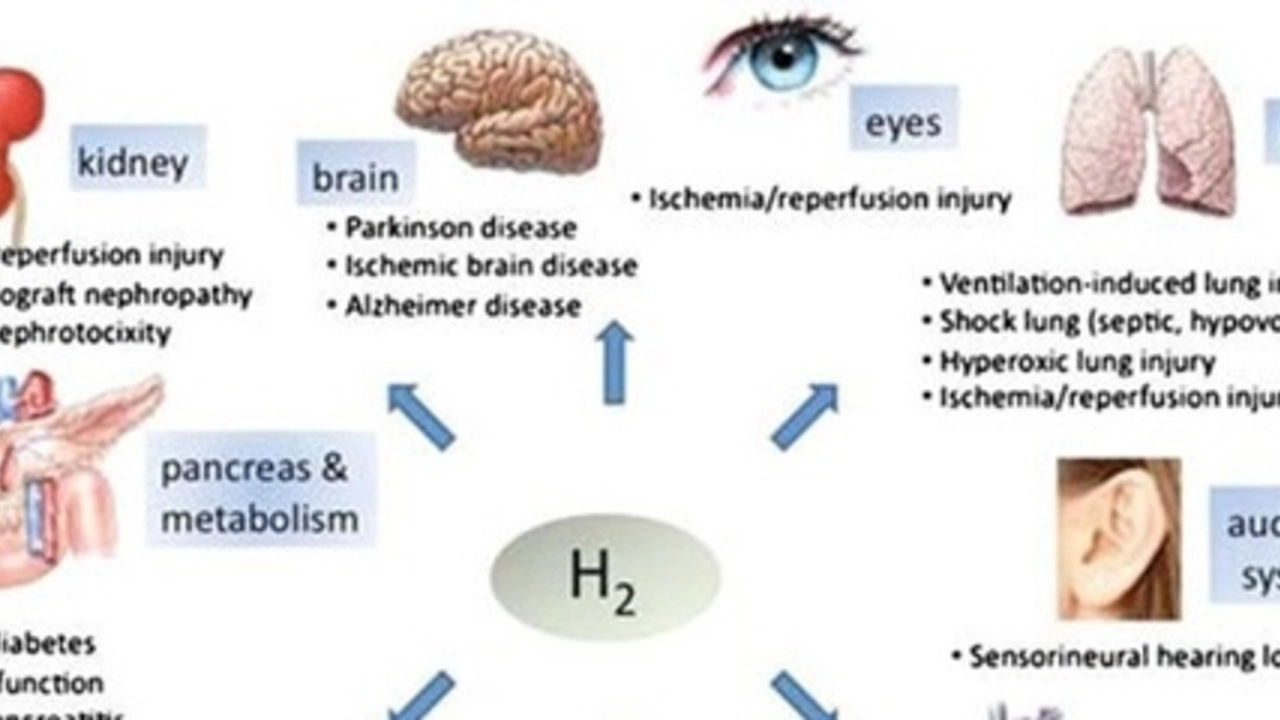Medical research: how to read a study, spot bias, and use our posts
Not every study you read online proves something useful. Some are small, some are rushed, and some are funded by companies with a stake in the results. This tag brings together articles that break down real medical research into clear, practical takeaways so you can make smarter health choices.
Quick checklist to read any study
Use these short checks before you trust a headline:
1. What type of study? Randomized controlled trials (RCTs) give stronger evidence than single-case reports or lab studies. Reviews and meta-analyses that combine multiple trials are even more reliable.
2. How many people? Bigger groups lower the chance results are due to luck. A study of 20 people rarely settles a question about millions.
3. Was there a control group? If there's no comparison group, it’s hard to know if the treatment caused the effect.
4. What’s the actual benefit? Look for absolute numbers, not just relative percent changes. A 50% reduction sounds big, but if risk went from 2% to 1%, that’s small in real terms.
5. Who funded it? Industry funding doesn’t automatically disqualify a study, but check for conflicts of interest and independent confirmation.
How to use our articles on this tag
We summarize research in plain language and point to the original sources. When you open an article here, look for these features:
- A clear statement of what the study tested and who was included (age, health status, location). This tells you if the results apply to you.
- Practical takeaways: dosage ranges, common side effects, and realistic expectations. If an article recommends a change, it should explain the risk and the benefit.
- Links to the original paper, regulatory decisions, or clinical trial records. Follow those links if you want the details.
Be cautious with preprints (papers posted before peer review). They can contain good early data, but results often change after formal review. Also watch for press releases: companies sometimes overstate findings before independent scientists review them.
If a study talks about drugs, check for related clinical guidelines or large reviews. One trial rarely changes standard practice. For example, when we cover medications like beta-blockers, antidepressants, or diabetes drugs, we compare trials, common side effects, and alternatives so you can discuss specifics with your clinician.
Want to dig deeper? Search clinicaltrials.gov or PubMed for trial records and follow-up studies. If you’re unsure how a study applies to your health, bring key details to your doctor: the study name, size, main result, and possible side effects.
Questions or spots we missed? Use the contact page to ask. We’ll point you to the original research and explain what it means for real people, not just lab stats.

The Connection Between Reperfusion Injury and Autoimmune Disorders
Jul 6 2023 / Health and MedicineIn my recent research, I've found a fascinating connection between reperfusion injury and autoimmune disorders. Reperfusion injury, which occurs when blood supply returns to tissue after a period of ischemia or lack of oxygen, can trigger an inflammatory response. This can, in turn, lead to autoimmune disorders where the body's immune system attacks its own cells. Simply put, the damage caused by reperfusion can confuse our immune system, causing it to misfire. It's a complex topic, but understanding it could lead to breakthroughs in treating various autoimmune conditions.
VIEW MORE